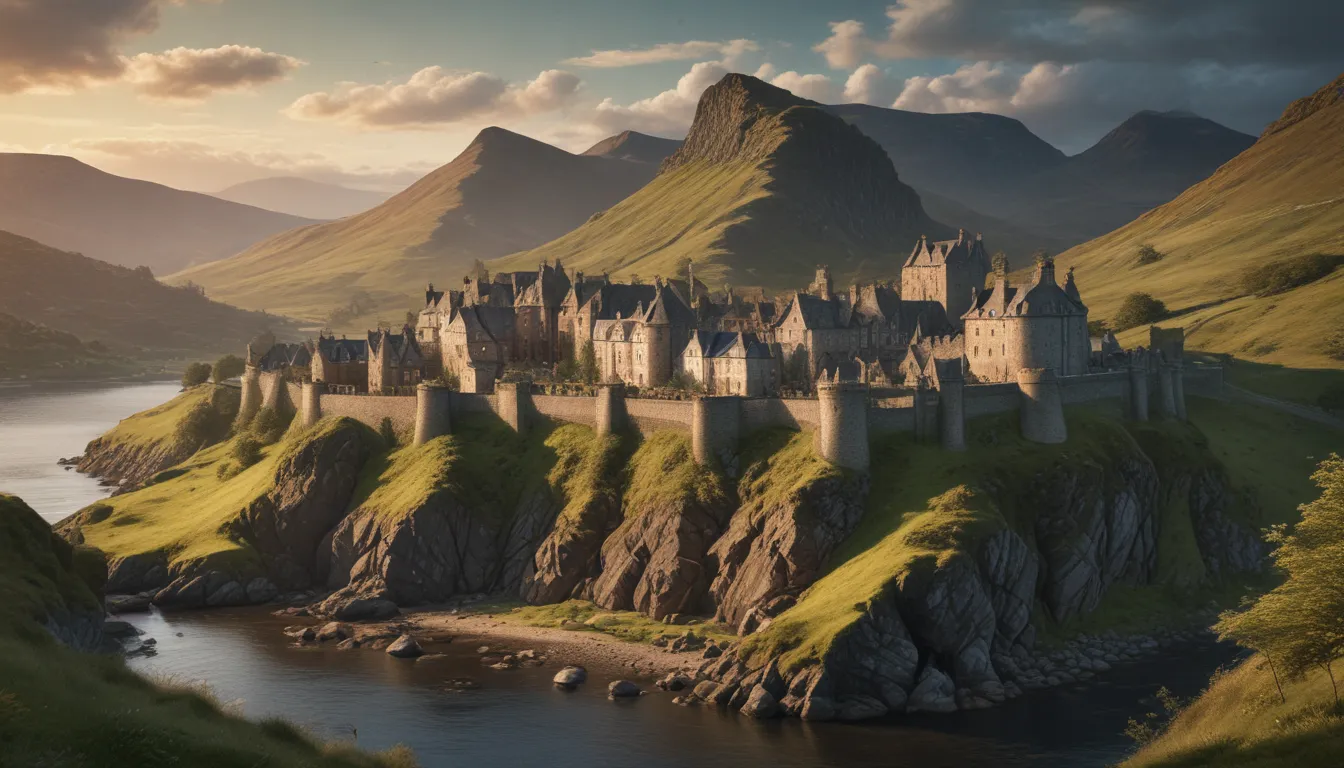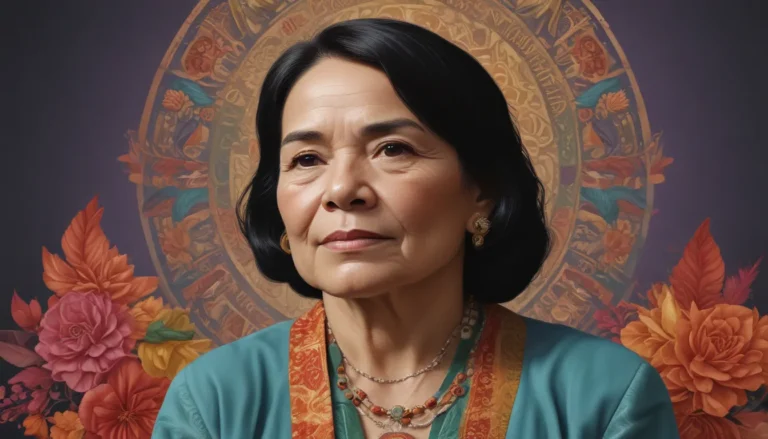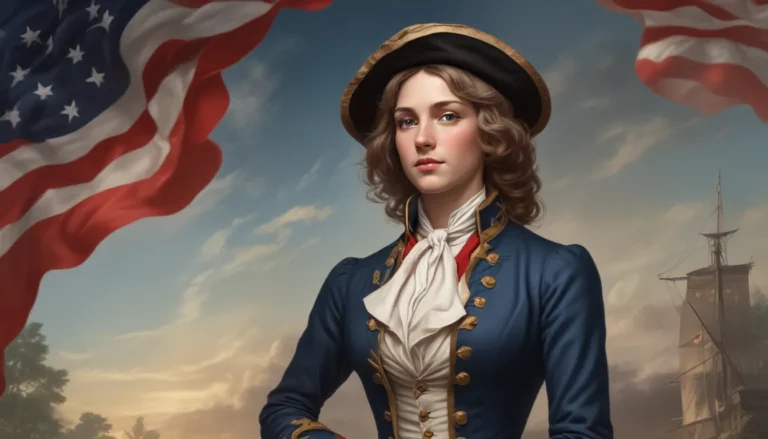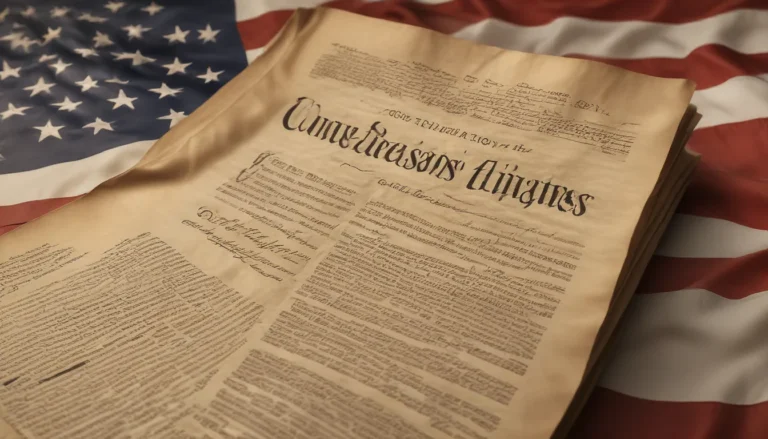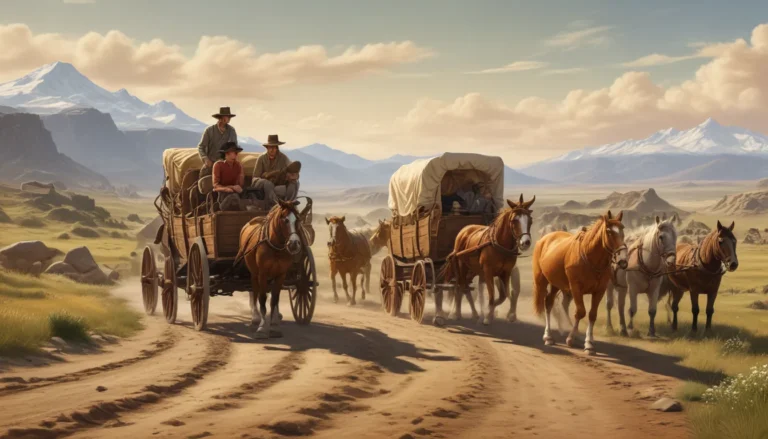The images in our articles may not match the content exactly. They are used to grab your attention, not to show the exact details in the text. The images complement the text but do not replace it.
Scotland, with its rugged highlands, mysterious lochs, and ancient castles, holds centuries of history within its borders. This land has witnessed the rise and fall of clans, the birth of legendary heroes, and the shaping of a nation’s identity. Join us on a fascinating journey through 23 intriguing facts about Historic Scotland, uncovering the secrets and surprises that lie within its ancient boundaries. From the architectural marvels of Edinburgh’s Royal Mile to the legendary battles and heroes that shaped the nation, get ready to be transported through time as we explore the rich tapestry of Scotland’s past.
Discovering Scotland’s Rich History
-
Edinburgh Castle: Perched atop an extinct volcanic rock, Edinburgh Castle has been a strategic military stronghold since the 12th century. Its history is a tapestry of royal births, military sieges, and significant historical events.
-
The Stone of Destiny: Also known as the Stone of Scone, this ancient artifact has been part of the coronation ceremonies for Scottish and British monarchs for centuries. Legend says it was used by Jacob as a pillow in biblical times.
-
Scotland’s National Animal: The unicorn, symbolizing purity, innocence, and power in Celtic mythology, has been Scotland’s official animal since the 12th century.
The Clans of Scotland
-
Scottish Clans: These family groups, each with their own tartan patterns, played a pivotal role in Scotland’s history. They were not just kin but political units fiercely protecting their territory and interests.
-
Battle of Culloden: In 1746, this battle marked the end of the Jacobite uprising and the clan system in Scotland.
-
Clan MacDonald of Glencoe: This clan suffered a tragic massacre in 1692 when government forces killed 38 members as punishment for not promptly pledging allegiance.
Scotland’s Ingenious Minds
-
Alexander Graham Bell: Credited with inventing the first practical telephone, Bell’s Scottish roots influenced much of his work and innovations.
-
James Watt: This engineer and inventor significantly improved the steam engine, crucial to the Industrial Revolution. The unit of power, “watt,” is named after him.
-
John Logie Baird: The Scottish inventor behind the world’s first working television system demonstrated in 1926.
Scotland’s Natural Wonders
-
Loch Ness: Home to the legendary Loch Ness Monster, or “Nessie,” this loch is Scotland’s most famous and one of the deepest freshwater bodies in the UK.
-
Highland Games: Celebrating Scottish culture and strength with traditional sports like caber tossing and hammer throwing, these games have been a part of Scottish culture for centuries.
-
Ben Nevis: Standing at 1,345 meters above sea level, Ben Nevis is the highest mountain in the British Isles, a popular challenge for climbers and hikers.
Scotland’s Cultural Contributions
-
Haggis: Scotland’s national dish, haggis is a savory pudding containing sheep’s heart, liver, and lungs, mixed with onions, oatmeal, suet, spices, and salt, traditionally encased in the animal’s stomach.
-
The Kilt: Originating in Scotland, the kilt is an iconic symbol of Scottish heritage made of woolen cloth in a tartan pattern.
-
Robert Burns: Scotland’s national poet who penned the famous poem “Auld Lang Syne,” sung around the world on New Year’s Eve.
Scotland’s Architectural Marvels
-
Stirling Castle: One of Scotland’s largest and most important castles, Stirling Castle has been the site of many significant historical events, the preferred residence of many Scottish monarchs.
-
Forth Bridge: A symbol of Scotland’s industrial heritage, this cantilever railway bridge across the Firth of Forth is a UNESCO World Heritage Site.
-
Skara Brae: Older than Stonehenge and the Great Pyramids, this prehistoric village offers a remarkable glimpse into Neolithic life.
Scotland’s Legendary Battles and Heroes
-
William Wallace and Robert the Bruce: Revered national heroes who fought for Scotland’s independence from England in the late 13th and early 14th centuries.
-
Battle of Bannockburn: A significant Scottish victory in the First War of Scottish Independence led by Robert the Bruce against a much larger English army in 1314.
-
Mary, Queen of Scots: A key figure in Scottish history, executed in 1587, her life and reign filled with intrigue, tragedy, and controversy.
Scotland’s Influence on the World
-
Scotch Whisky: One of Scotland’s most famous exports, Scotch whisky, has been produced for centuries.
-
Scottish Enlightenment: An intellectual and scientific period in the 18th century led by figures like Adam Smith and David Hume, making significant contributions to economics, philosophy, and science.
From the mysterious standing stones to the innovative inventions that changed the world, Scotland’s enduring spirit shines through its history. As we reflect on the past and the impact of Scottish culture and heritage on the world, we carry with us a deeper appreciation for the indomitable human spirit that shapes our collective history. Scotland’s story is one of resilience, creativity, and fierce independence, leaving an indelible mark on the fabric of human civilization. Dive into the rich tapestry of Historic Scotland and let its stories captivate your imagination, guiding you through the corridors of time.
